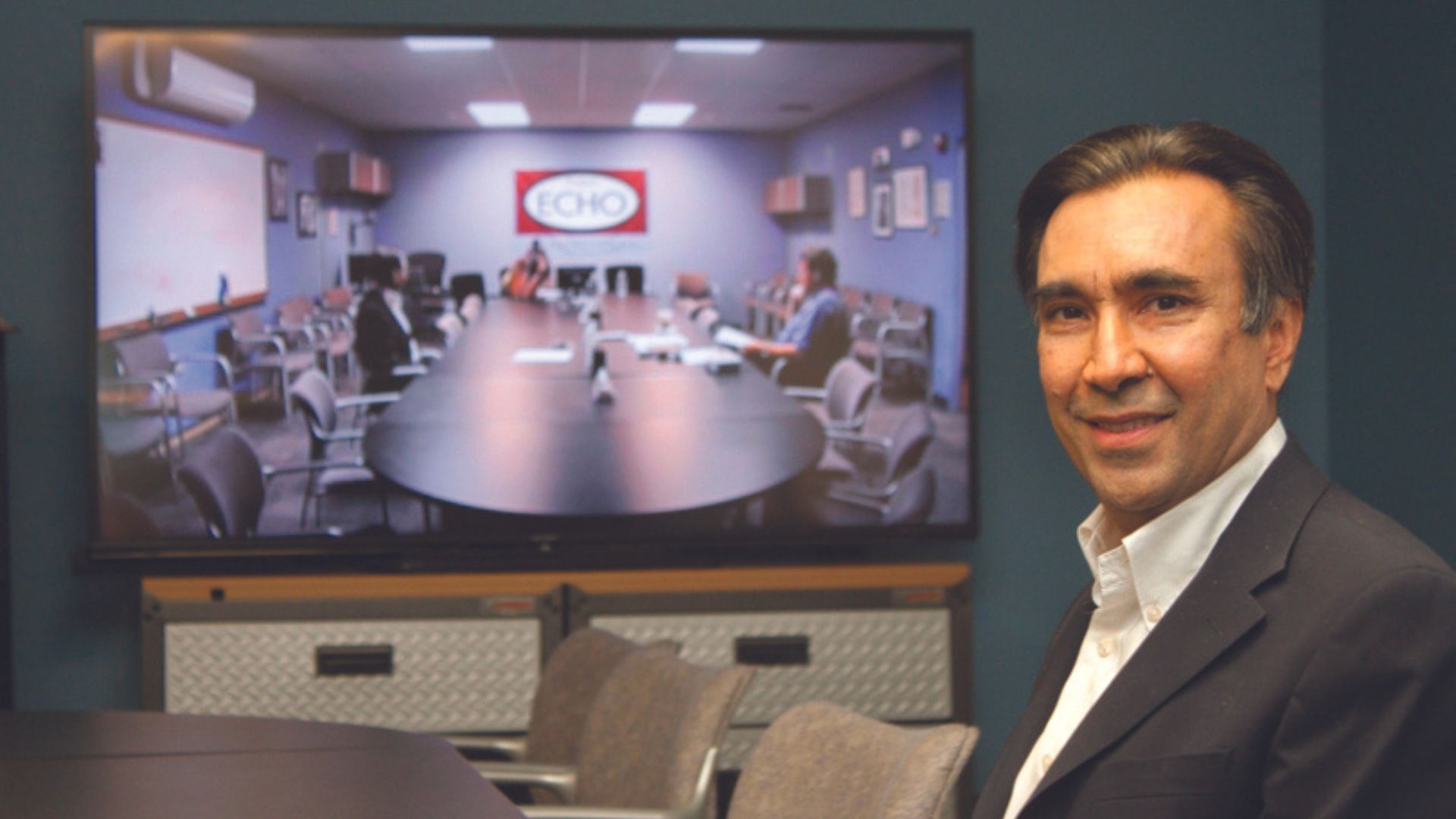Partnership 2020 promotes higher education cooperation between the United States and India through research collaborations and aims to create tangible economic impact.
July 2020

A lab in the College of Engineering at University of North Texas (UNT). A team from UNT and Shiv Nadar University is developing improved materials for use in bio-implants, as part of research collaborations under Partnership 2020. Courtesy University of North Texas
Partnership 2020 was conceptualized out of the belief that U.S. and Indian universities can create tangible economic development in our two democracies by working together. The goal was to create a program that funded collaborative research in 10 strategic areas, chosen for their impact and mutual benefits. These include public health, water management, renewable energy, sustainable agriculture, artificial intelligence and entrepreneurship.
Since its launch in fall 2018, the project has funded 26 U.S. and Indian universities addressing these critical areas. In addition to contributing to the well-being of communities, the program also seeks to create economic opportunities by leveraging private sector participation. These collaborations could take many forms—from local companies testing prototypes and evaluating a product’s industry-readiness and facilitating women’s economic empowerment through entrepreneurship to developing novel food supplements to mitigate the risk of tuberculosis. Partnership 2020 is funded by the U.S. Department of State and the U.S. Embassy New Delhi, implemented in collaboration with the University of Nebraska Omaha, with the Washington, D.C.-based Center for Strategic and International Studies playing an advisory role.
Besides its key focus of supporting U.S.-India collaborative research, the project aims to create strong university partnerships and share these lessons with a wider academic audience. To that end, the U.S. government and the University of Nebraska Omaha have organized a number of dialogues among relevant stakeholders to discuss how to develop lasting academic partnerships.
Cutting-edge research
A team from the University of North Texas and Shiv Nadar University, Uttar Pradesh, is developing new and improved materials for use in bio-implants, which are biosynthetic materials used in medical applications. Bio-implants are susceptible to degradation due to wear and tear, corrosion and other environmental factors. The goal is to create advanced materials that are resilient in the human body and less likely to corrode, compared to the currently available products. This project seeks to enhance the “health span” and longevity of patients who may require bio-implants like stents. This research is vital to better health outcomes for patients and of immense benefit to the medical fraternity.
A group of researchers at Boston University and the Indian Institute of Technology Bombay is addressing two critical issues related to solar power. Solar cells lose their efficiency due to environmental stressors like dust deposition. Consequently, large volumes of water are required to clean them, thereby contributing to water shortage and reduced efficiency of the solar apparatus.
To address these problems, the team of Indian and American researchers is developing electrodynamic screens for self-cleaning of solar panels, which would increase their power output and contribute to water conservation. Both groups are testing their technologies in controlled environments of laboratories as well as real-world settings, while comparing notes and sharing best practices and results on an ongoing basis.
Another unique program is being implemented by Miami University, Ohio, and Christ (Deemed to be University), Bengaluru, centered on curriculum innovation and capacity building of students and faculty members. The aim is to create postgraduate training in culturally competent and evidenced-based mental health care in both countries. The researchers understand that mental health is critical to the well-being of our societies, and there is a need to train and nurture culturally sensitive and aware mental health professionals.
The Miami-Christ (Deemed to be University) partnership is powered through two student and faculty exchange programs. The faculty work through the year to evolve a one-of-its-kind curriculum that focuses on mentoring the next generation of professionals and practitioners. To complement the in-person discussions and debates, the teams are working virtually to communicate regularly and co-teach this new and enhanced curriculum.
Through research, collaboration and dissemination, Partnership 2020 is on track to promote higher education cooperation between the United States and India as well as expand people-to-people ties. Through funding and tracking these collaborations, the program seeks to provide robust insights for policy makers, scientists, education administrators and the private sector.
Anubhooti Arora is a higher education policy specialist at U.S. Embassy New Delhi.
COMMENTS